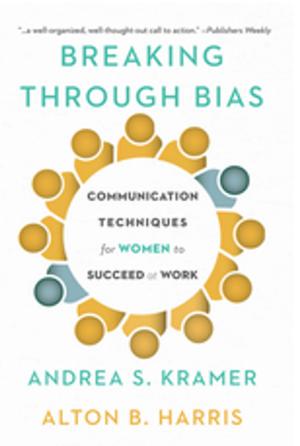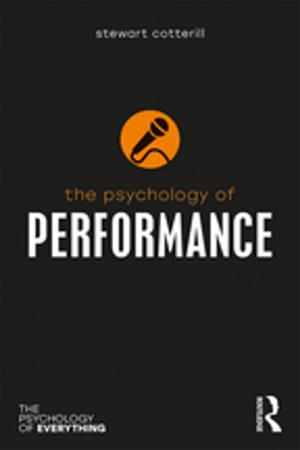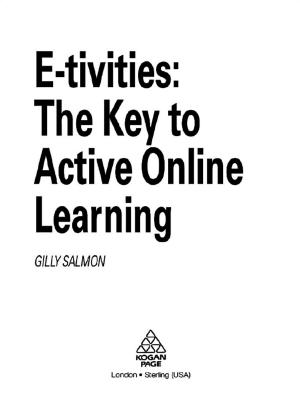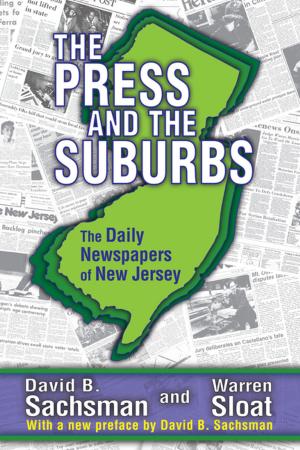Handbook of Literacy and Technology
Transformations in A Post-typographic World
Nonfiction, Reference & Language, Education & Teaching, Teaching, Teaching Methods| Author: | ISBN: | 9781135684617 | |
| Publisher: | Taylor and Francis | Publication: | April 1, 1998 |
| Imprint: | Routledge | Language: | English |
| Author: | |
| ISBN: | 9781135684617 |
| Publisher: | Taylor and Francis |
| Publication: | April 1, 1998 |
| Imprint: | Routledge |
| Language: | English |
The major shift going on today in the technologies of reading and writing raises important questions about conventional conceptions of literacy and its role in education, society, and culture. What are the important characteristics of electronic forms of reading and writing distinguishing them from printed forms? To what extent and in what ways is literacy being transformed by new technologies? This central question is addressed in this volume from diverse, multidisciplinary perspectives. The contributing authors focus on a guiding question in one of the following areas, which correspond to the major sections of the book:
*Transforming Texts. What are the new differences between printed and electronic texts, and what are the implications of new textual forms for defining literacy, especially in regard to teaching and learning in schools?
*Transforming Readers and Writers. How do electronic reading and writing change conceptualizations of literacy development from childhood through adulthood?
*Transforming Classrooms and Schools. What are the effects of introducing new reading and writing technologies into schools and classrooms?
*Transforming Instruction. How can instruction be adapted in response to the changing literacy landscape, and how can teachers and students exploit forms of reading and writing to enhance teaching and learning?
*Transforming Society. What are the broad societal implications of the increasing prevalence of electronic forms of reading and writing?
*Transforming Literacy Research. What are the questions that must be addressed as digital reading and writing become more common, and what approaches to research will be most useful in addressing those questions?
This volume is the result of an interactive process. The contributors met as a group to discuss drafts of their chapters at a one-day meeting convened and sponsored by the National Reading Research Center, and had read each others' chapters prior to this gathering. That meeting was followed by a two-day conference attended by approximately 180 researchers, educators, and policymakers who responded to an open invitation to present papers and to attend sessions focusing on the six major themes of the book. Contributors then revised their chapters based on interactions with fellow contributors, conference participants, and volume editors. Thus, this work is more than just a compilation of the individual authors' views. Rather, it represents a synthesis of a broad range of current thinking about how literacy is being and may be transformed by technology.
The major shift going on today in the technologies of reading and writing raises important questions about conventional conceptions of literacy and its role in education, society, and culture. What are the important characteristics of electronic forms of reading and writing distinguishing them from printed forms? To what extent and in what ways is literacy being transformed by new technologies? This central question is addressed in this volume from diverse, multidisciplinary perspectives. The contributing authors focus on a guiding question in one of the following areas, which correspond to the major sections of the book:
*Transforming Texts. What are the new differences between printed and electronic texts, and what are the implications of new textual forms for defining literacy, especially in regard to teaching and learning in schools?
*Transforming Readers and Writers. How do electronic reading and writing change conceptualizations of literacy development from childhood through adulthood?
*Transforming Classrooms and Schools. What are the effects of introducing new reading and writing technologies into schools and classrooms?
*Transforming Instruction. How can instruction be adapted in response to the changing literacy landscape, and how can teachers and students exploit forms of reading and writing to enhance teaching and learning?
*Transforming Society. What are the broad societal implications of the increasing prevalence of electronic forms of reading and writing?
*Transforming Literacy Research. What are the questions that must be addressed as digital reading and writing become more common, and what approaches to research will be most useful in addressing those questions?
This volume is the result of an interactive process. The contributors met as a group to discuss drafts of their chapters at a one-day meeting convened and sponsored by the National Reading Research Center, and had read each others' chapters prior to this gathering. That meeting was followed by a two-day conference attended by approximately 180 researchers, educators, and policymakers who responded to an open invitation to present papers and to attend sessions focusing on the six major themes of the book. Contributors then revised their chapters based on interactions with fellow contributors, conference participants, and volume editors. Thus, this work is more than just a compilation of the individual authors' views. Rather, it represents a synthesis of a broad range of current thinking about how literacy is being and may be transformed by technology.















